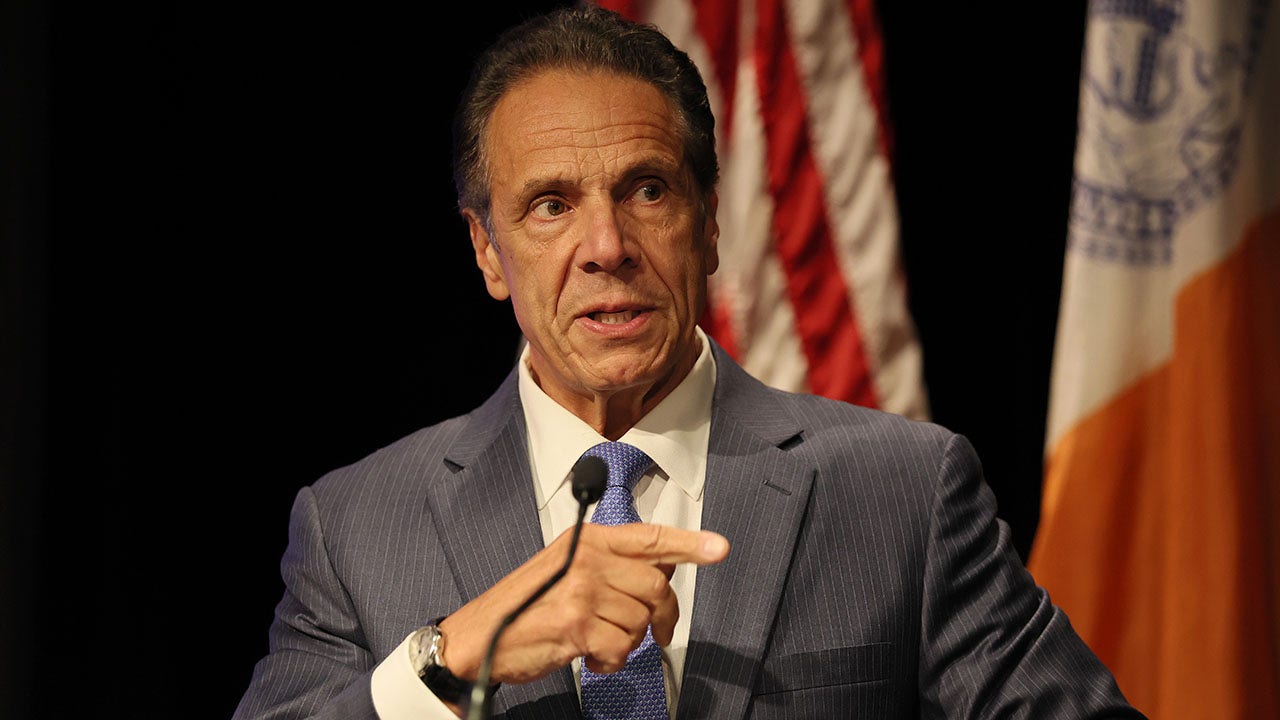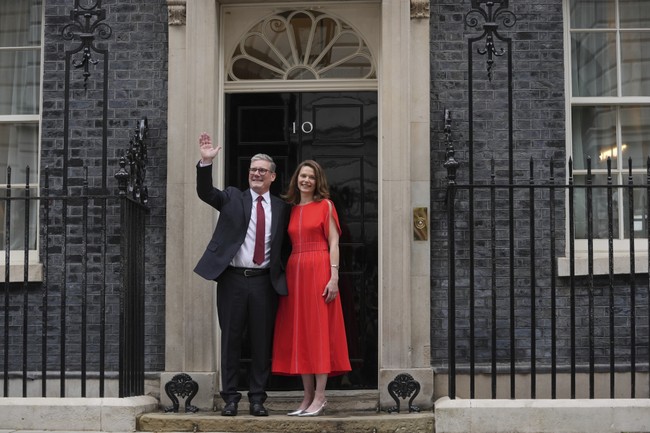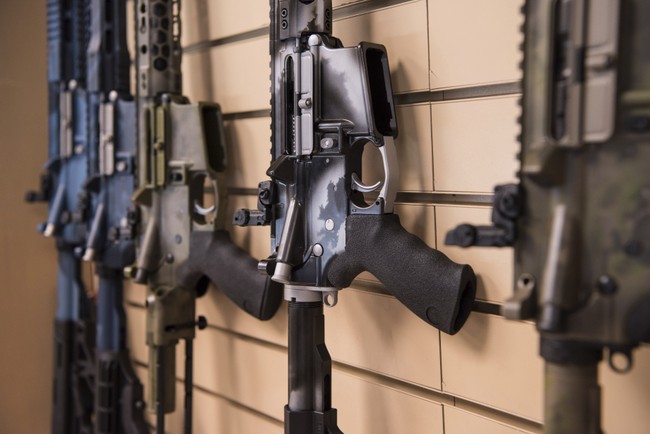President Donald Trump signed an executive order on Monday to restrict federal funding for jurisdictions that use “cashless bail” policies, following his decision earlier this month to federalize local law enforcement operations in Washington, D.C., for 30 days.
The action came amid the administration’s push to reduce crime in the nation’s capital and after what officials described as progress in the two weeks since the federal takeover began.
The announcement of the executive order drew immediate reaction from D.C. officials.
Trump’s Sovereign Wealth Fund: What Could It Mean For Your Money?
D.C. Attorney General Brian Schwalb opposed the move and defended bail policies that assess risk rather than financial resources.
“Pre-trial detention should depend on whether someone is a flight risk or a threat to the public — not whether they can afford bail,” Schwalb wrote in a post on X.
“Cash bail creates a two-tiered justice system where poor people stay locked up simply because they cannot afford bail.”
He added: “This Executive Order disregards effective, data-driven policies purely for political purposes — something every American should be alarmed by.”
Pre-trial detention should depend on whether someone is a flight risk or a threat to the public — not whether they can afford bail.
Cash bail creates a two-tiered justice system where poor people stay locked up simply because they cannot afford bail.
This Executive Order…
— AG Brian Schwalb (@DCAttorneyGen) August 25, 2025
This Could Be the Most Important Video Gun Owners Watch All Year
[esi random_video_player ttl=”0″]
In response, the D.C. Police Union criticized Schwalb’s record and pointed to decisions involving juvenile offenders.
“You have let out every juvenile that has committed a heinous, violent crime going back to the day you were elected,” the union wrote on X.
“Maybe you should sit the next few plays out.”
You have let out every juvenile that has committed a heinous violent crime going back to the day you were elected. Maybe you should sit the next few plays out. https://t.co/XSWpJ7n5BV
— DC Police Union (@DCPoliceUnion) August 25, 2025
Trump’s executive order followed his decision to place D.C. law enforcement under federal control for 30 days, a step the administration said was necessary to address public safety concerns.
After that announcement, the D.C. Police Union voiced support for federal intervention.
Union Chairman Gregg Pemberton said that immediate action was necessary to change conditions on the ground.
Pemberton later expanded on the union’s position in an opinion piece, arguing that local policies had contributed to the city’s challenges.
He wrote that D.C. council members put “wrongheaded ideology” over the safety of those living, working, and visiting D.C.
The op-ed ran under the headline: “Thank the D.C. Council for Trump’s takeover of policing in the city: The federal intervention was a needed step. The question is what comes next.”
The article stated that the intervention addressed immediate needs but would not, on its own, resolve underlying issues.
“In my role representing more than 3,000 officers, detectives, and sergeants, I support the federal intervention as a critical stopgap,” Pemberton wrote.
“Already, we’re seeing positive results. Crime is down a tick. But let’s be clear: Federal control is not a long-term solution. Moreover, it would not have been needed but for the misguided ‘reform’ agenda of the D.C. Council.”
The executive order signed Monday targets jurisdictions with policies eliminating cash bail, tying federal funding to bail practices and other components of pretrial release systems.
The administration framed the action as part of a broader initiative to support law enforcement and reduce crime in urban centers, linking federal support to policies it says prioritize public safety.
Local leaders in Washington, D.C., urged the federal government to reconsider the latest step.
The District’s elected officials previously argued that changes in city policy and enforcement strategies should be shaped by local authorities.
The federalization of law enforcement for 30 days and the new funding restrictions added national attention to D.C.’s public safety approach and to bail policies in other jurisdictions.
The debate also brought renewed focus to how pretrial decisions are made, the metrics used to evaluate risk, and the balance between public safety and due process.
Supporters of risk-based assessments emphasize the goal of determining whether an individual poses a danger or is likely to fail to appear in court, while critics of eliminating cash bail argue that such policies can lead to the release of individuals who present risks to the community.
As the 30-day period of federalized law enforcement continues, the administration has cited short-term declines in certain crime metrics and emphasized continued coordination between federal and local agencies.
City officials and the police union remain divided over both the assessment of recent trends and the policies they believe will lead to sustained improvements.
Trump’s executive order is expected to prompt legal and policy reviews in jurisdictions affected by its funding conditions.
In the District, the policy debate is set to continue alongside operational changes under federal oversight, with further announcements possible as the 30-day period progresses and as stakeholders assess the impact of the order on local criminal justice practices.
Read the full article here


![D.C. AG Defends Cashless Bail; Police Union Delivers Stinging Rebuttal [WATCH] D.C. AG Defends Cashless Bail; Police Union Delivers Stinging Rebuttal [WATCH]](https://www.lifezette.com/wp-content/uploads/2025/08/2025.08.26-01.54-lifezette-68adbcaa77af3.jpg)




![Don Lemon Cackles, Vows to Double Down After Indictment, Harassing Churchgoers [WATCH] Don Lemon Cackles, Vows to Double Down After Indictment, Harassing Churchgoers [WATCH]](https://www.lifezette.com/wp-content/uploads/2025/09/2025.09.23-09.05-lifezette-68d262ce55ce6.jpg)




